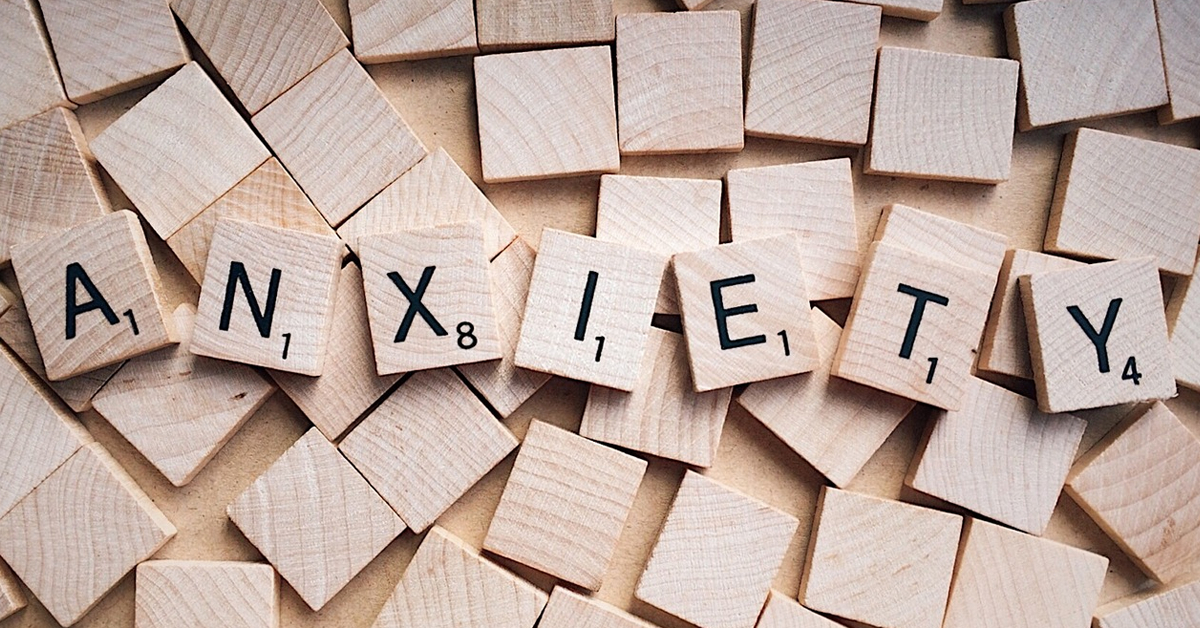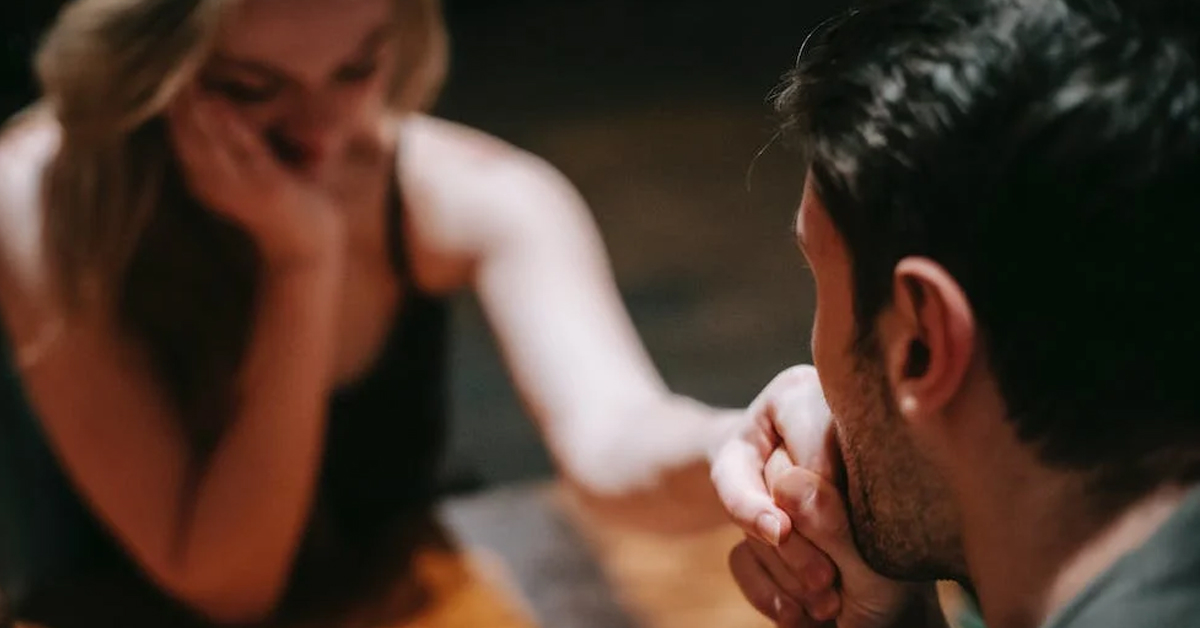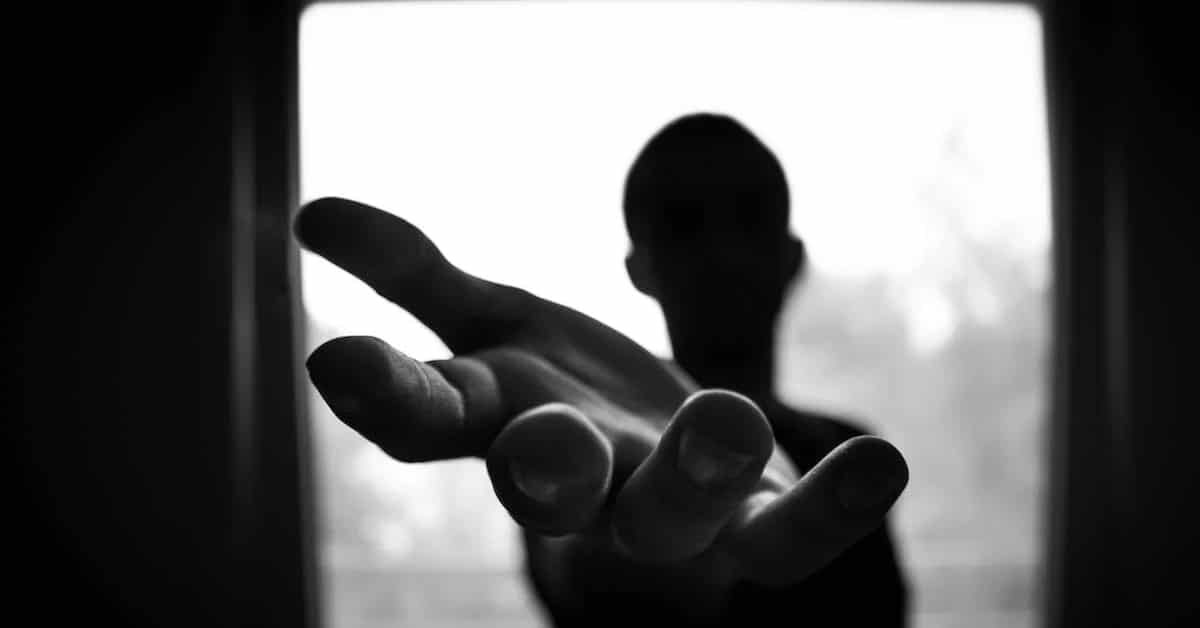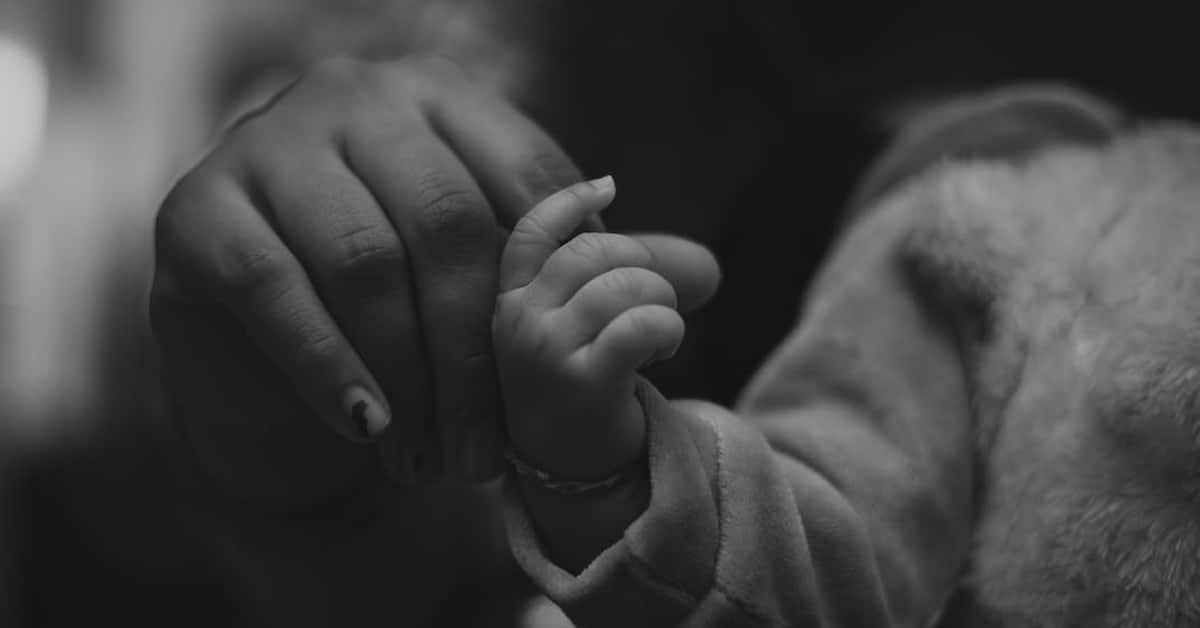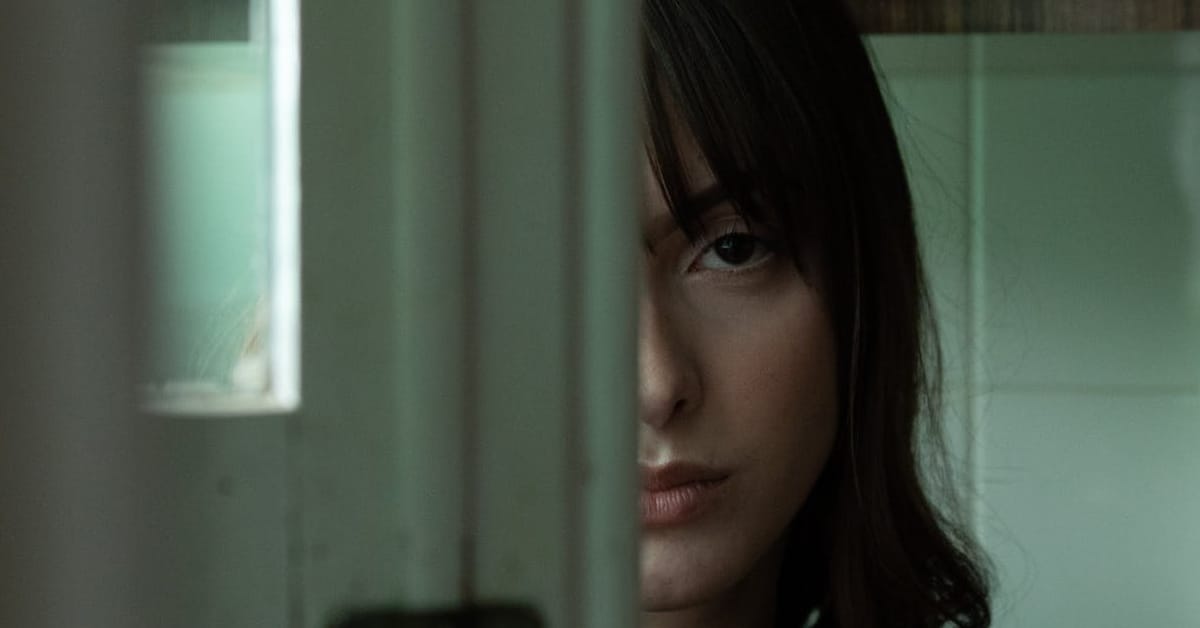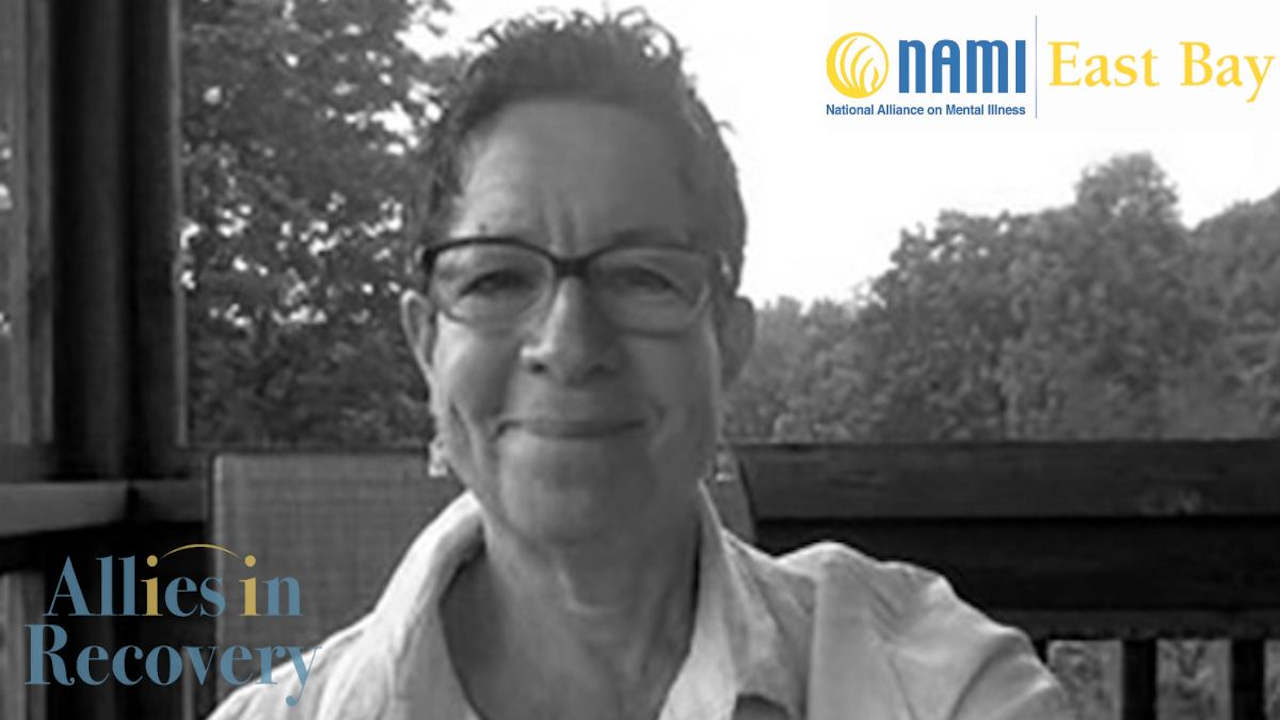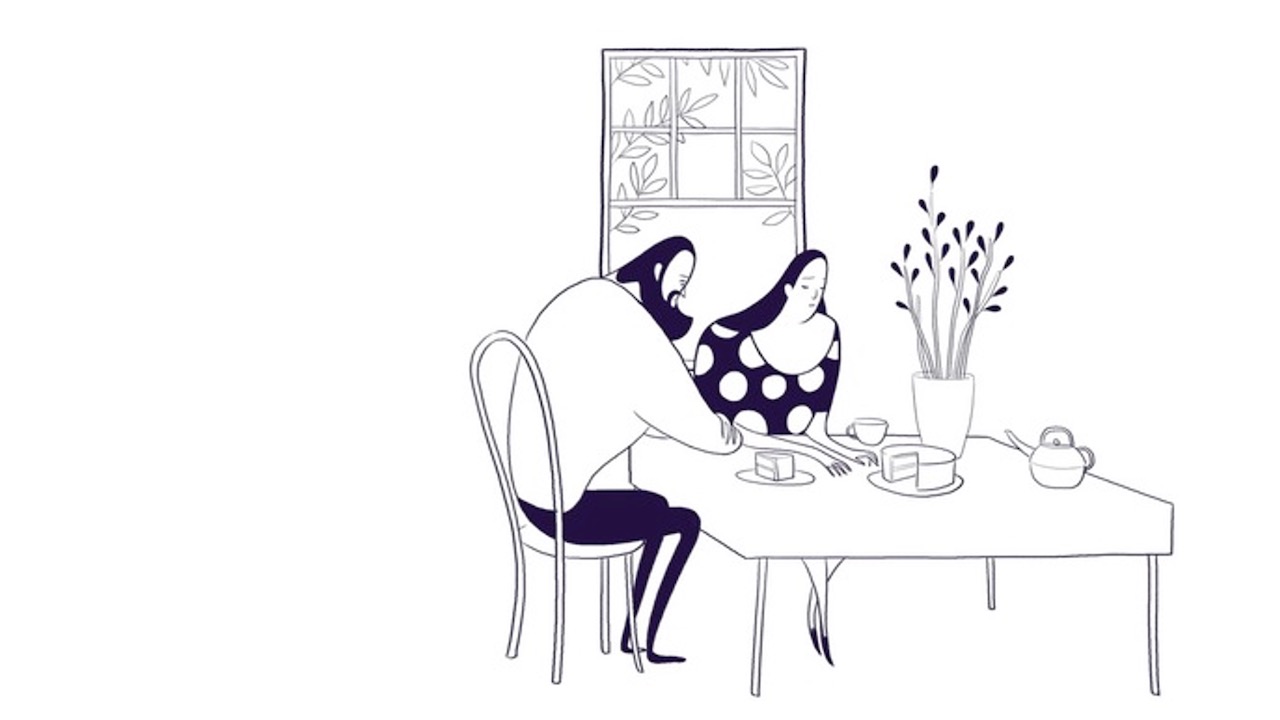Discussion Blog
Latest Discussion Blog Post

Applying CRAFT to Shopping Addiction: Can It Be Done?
Absolutely! In fact, the skills and knowledge we need are a lot like those we apply to substance use.
Discussion Blog Posts
What Am I Supposed To Do With This Anxiety?
Allies member Allisonc77 has some reasons for optimism: her husband, who struggles with alcohol, has recently stopped drinking, and let his old drinking buddies know he doesn’t plan to drink anymore. What he does plan to do is continue to see his friends. Naturally enough, Allison’s concerned that social pressure could lead him back to alcohol. But her question for Allies concerns her own behavior: she wants to know how best to manage her anxiety. Laurie MacDougall walks her (and us) through the fundamentals of a CRAFT approach to this question.
There’s A World of Options for Your Loved One
Jimw’s wife has contended with alcohol use disorder for many years and has engaged with numerous treatment programs along the way. She’s unemployed, and family debts are piling up. In his letter to Allies, Jimw describes what she’s already tried, and asks what other resources might be out there. Laurie MacDougall responds with a detailed discussion of the many options and where CRAFT comes into the picture.
Our Loved Ones Need Us to Listen. Even (Or Especially) When Their Behavior Is at Its Worst.
When Sweets1997 and his family allowed their adult son access to their home while they were away, it was a simple act of love. They returned to a trashed home and missing belongings. It’s just the latest difficult chapter in an 11-year journey with their son’s addiction. But not all the signs are discouraging. Laurie MacDougall remarks on the points in this family’s favor, and explores in detail how focused listening and other communication skills can build a relationship of trust with our Loved Ones.
My Son Needs Care For More Than Just Addiction. Where on Earth Can I Find It?
Substance use disorder often occurs alongside other physical and mental health challenges, making a tough situation much harder and more complex. As frends2end knows all too well, finding care that takes our Loved One’s whole condition into account is one of the hardest aspects of such situations. That makes it doubly important to know the best strategies and options out there. Allies’ Dominique Simon-Levine shares some of her discoveries.
When Setting a Boundary Is the Message We Need to Send
Introduction CRAFT teaches us to be thoughtful, caring, and deliberate in the messages we send to our Loved Ones. But sometimes the message is best conveyed without words. When we set boundaries, we also have to help our Loved Ones understand that they’re for real. As Allies writer Laurie MacDougall discusses with Adrexpert, managing our own thoughts and feelings is a necessary precursor to this sort of work, and so much else.
If My Loved One Commits To Treatment, Should I Ease Up on CRAFT?
Disengaging from a Loved One isn’t anyone’s idea of a good time. But doing so when they’re using is a basic (and proven) part of CRAFT—as is the opposite action, rewarding non-use. When a Loved One takes on the challenges that often attend the start of treatment, sticking to CRAFT techniques and principles is as vital as at any other moment. As Laurie MacDougall explains, the effort will likely be difficult, but it’s a key part of supporting them.
She Wants Me to Watch the Baby While She Gets High. Should I Refuse?
Hopewood03 worries about both her daughter and her infant grandson. Her daughter smokes marijuana and believes it’s part of her identity. Her grandson needs care—even when the daughter feels like going out to get high. The dilemma for Megan arises when her daughter asks Megan to babysit on those occasions. She wants to keep her grandson safe, but doesn’t want to encourage her daughter to use. Allies’ writer Laurie MacDougall assures her she’s doing nothing of the kind—and reviews some CRAFT strategies to influence her daughter to move away from pot.
Too Much Advice! How Did Everyone I Know Become An Expert in Substance Use Disorder?
Often, it’s given with the best intentions. Sometimes it comes with judgment or moralizing. Either way, unsolicited advice can drain our energy and complicate our efforts to support our Loved Ones. That’s how it’s been for Jaki, who has felt as if she were “on trial” for her husband’s alcohol use disorder. Allies’ writer Laurie MacDougall can sympathize, and shares some time-tested approaches for responding and self-care.
My Daughter’s Struggle Isn’t Just With Substance Use
Shame and stigma are all-too-familiar aspects of many people’s struggle with substance use. Allies’ member Sferguson has watched her daughter confront both, even from members of the medical community. Fortunately, CRAFT can equip us with the skills we need to be our Loved Ones’ best allies. It begins, as AiR’s Laurie MacDougall explains, with compassionate listening.
How Do I Practice CRAFT When I Feel We’re Worlds Apart?
Hopeseeker and her husband are in a tough spot. Their adult daughter struggles with substance use and has moved back in—with a friend who also uses. Daughter and friend disappear for days. When they are home, they show no interest in interacting at all, and leave the bedroom only to eat. Can CRAFT even be applied in such circumstances? Laurie MacDougall says yes—but cautions that it’s not likely to be easy. Change, she says, probably requires setting CRAFT-conscious boundaries. Read on for some specifics.
He Keeps Going To Treatment—And Sabotaging Himself Once He’s There
When a Loved One is motivated to seek treatment, it’s a cause for celebration. But for many that’s just one of many challenges. Remaining and thriving in treatment can be as hard as reaching the decision to begin. Malamia90’s son has her full support as he seeks help with SUD but struggles to get along with his providers. In such cases, the missing piece of the puzzle is often support for the mental and behavioral health challenges occurring alongside the substance use.
I Want To Support Him. Am I Doing It Right?
CRAFT gives us skills to answer that vital question.
My Loved One Comes Home After Binging on Methamphetamines. I Feel Like I’ve Hit a Brick Wall.
Your perimeter is what you can control. Setting a firm boundary also makes clear whose responsibility it is when that boundary is crossed.
“What We All Require Is To Be Heard”: Kayla Solomon On Effective Communication and Connection
In March 2023, Allies in Recovery’s very own Kayla Solomon led a 90-minute ZOOM conversation with leaders of the East Bay chapter of the National Alliance on Mental Illness (NAMI) based in Sacramento, California. The result was a dynamic primer on the use of CRAFT, the Allies approach to building trust and connection with Loved Ones, and the vital role of listening and affirming when supporting a Loved One with mental health and/or substance use challenges. Click above to watch the recording.
Trusting A Loved One in Early Recovery
Her husband is in early recovery, but he doesn’t want to share details with her. She’s nervous and struggling with trust due to his history of SUD and lying. She’s reluctant to let him come home, and unsure how to talk to him about it. Dominique weighs in with an idea of what to say based on the CRAFT (Community Reinforcement and Family Training) approach that we use at AlliesinRecovery.net.
I Don’t Want To Ignore What’s Happening. And I Don’t Want To Accuse.
Fortunately, CRAFT skills can help us avoid both extremes. Faith asks a basic, vital question — and one that Allies in Recovery writer Laurie MacDougall has been encountering quite a bit lately in her work with CRAFT support groups.
Will His Vaping Lead Him Right Back To Use?
It can be hard—perhaps even impossible—not to worry when a Loved One who struggles with SUD exhibits changes in behavior. Even when many of those changes are positive, the very fact that things are shifting can generate anxiety. When MRPR’s husband started vaping, she worried that it might lead him back to other substance use. Laurie MacDougall advises her to focus on what’s in her power to control—and to support the good changes that are happening with positive responses of her own.
He’s on Suboxone and Hiding Away for Most of the Day. We are Worried.
Her son was using heroin, and he just got out of jail. He reached out for mom’s help and asked to live at home as he starts recovery, and he is getting MAT (Medication Assisted Treatment), specifically Suboxone. But he’s secluding himself so much at home she can’t tell what he’s up to. He’s accessing counseling and groups remotely, but he stays holed up in his room all the time and rarely emerges. Mom worries about his isolating so much and whether he might be using. We weigh in with some thoughts about the varied aspects of early recovery, and with some reminders about practicing CRAFT (Community Reinforcement and Family Training.)
Landmark Legislation To Support Families of Persons With SUD Introduced in House and Senate
After decades of advocacy by nonprofits and experts in the field, organizations supporting families of SUD sufferers may at last be set to receive federal funding. The new, bipartisan legislation would provide $25 million in grants to such organizations over the next five years. It should allow them to improve and expand their efforts to help families navigate the complex landscape of support and recovery options for their Loved Ones.
Embracing the Uncomfortable: A Life Hack from Annie
Learn how facing uncomfortable and challenging situations can lead to personal growth and improve relationships in Annie Highwater’s blog post. Discover the importance of regularly challenging oneself, even in small ways, to develop discipline and determination. From showering in cold water to apologizing to someone you’ve wronged, find out how embracing discomfort can build inner strength and grit. Start your journey towards personal growth and confidence today.

